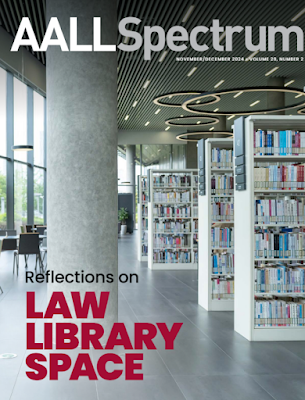Responses to Generative AI
The Open Scholarship Policy Observatory (OSPO) at the University of Victoria recently published an "Insights and Signals Report" entitled Responses to Generative AI:
"Policy Insights and Signals Reports scan the horizon in order to identify and analyse emerging trends and early signals for their potential to impact future policy directions in open access and open, social scholarship. They tend to highlight shifts in technology, public opinion and sentiments, and/or regulatory changes both within and outside of Canada. Like OSPO’s policy observations, insights and signals reports aim to support partners in crafting proactive, responsive, and forward-thinking strategies."
"This Insights and Signals Report is the first in a series that will focus on evolving discussions centered around artificial intelligence (AI), particularly generative AI (genAI) and large language models (LLMs), and the implications these may have for open access and open social scholarship."
Among the items in this report:
- A brief introduction to generative artificial intelligence
- The world’s first artificial intelligence act passed in May 2024 by the Council of the European Union
- The inclusion of artificial intelligence in Canada’s Digital Charter Implementation Act (2022), along with critiques
- Several responses to AI in Canada from journals, post-secondary institutions, scholarly associations and granting agencies, as well as some core concerns raised by these groups
- An announcement from Prime Minister Justin Trudeau regarding plans to dedicate 2.4 billion dollars towards ‘securing Canada’s AI advantage’, plus responses from experts
Labels: IT trends






